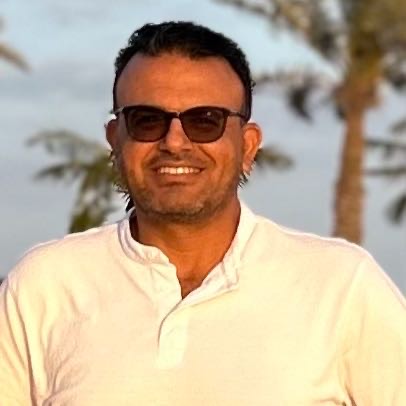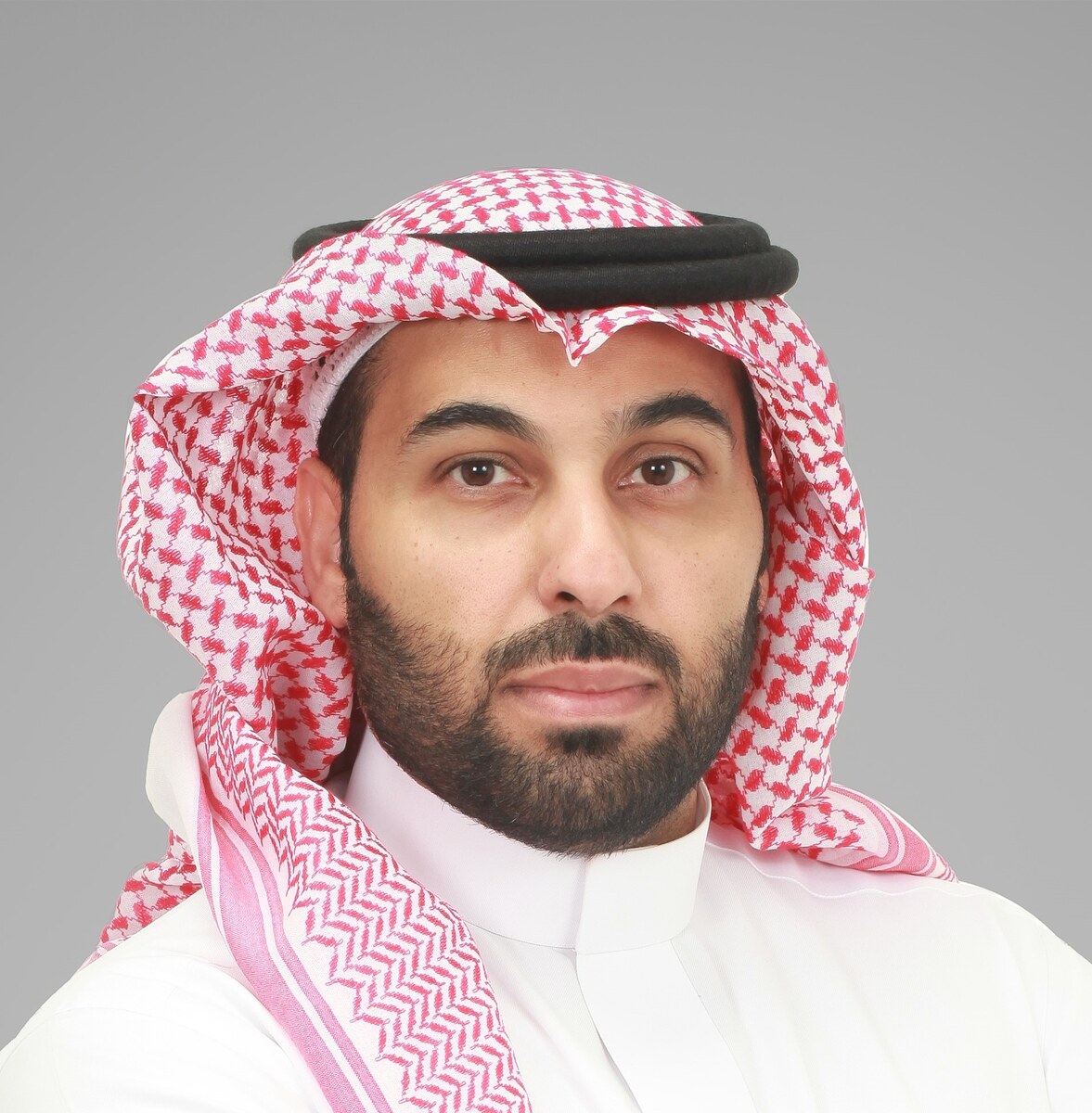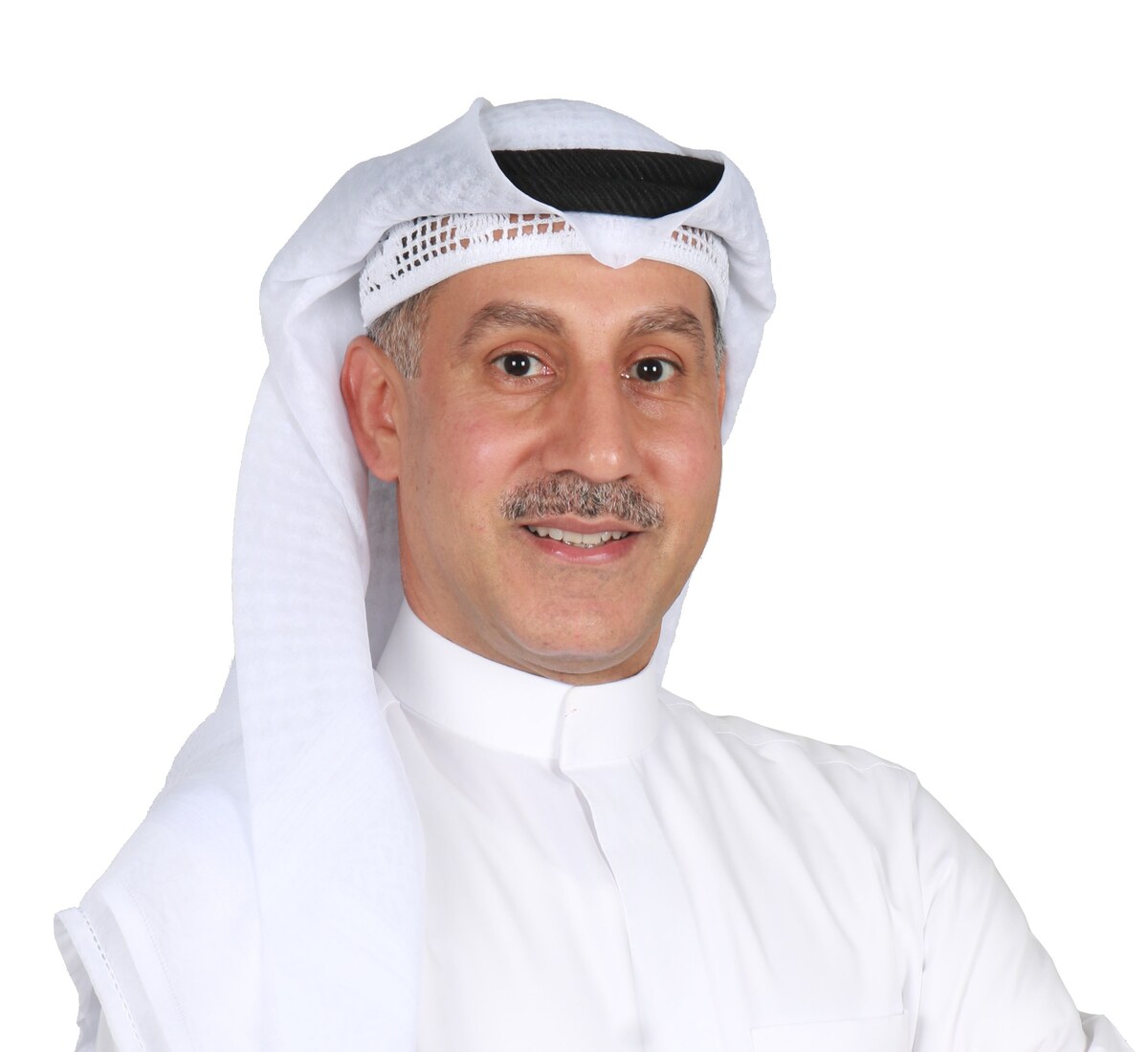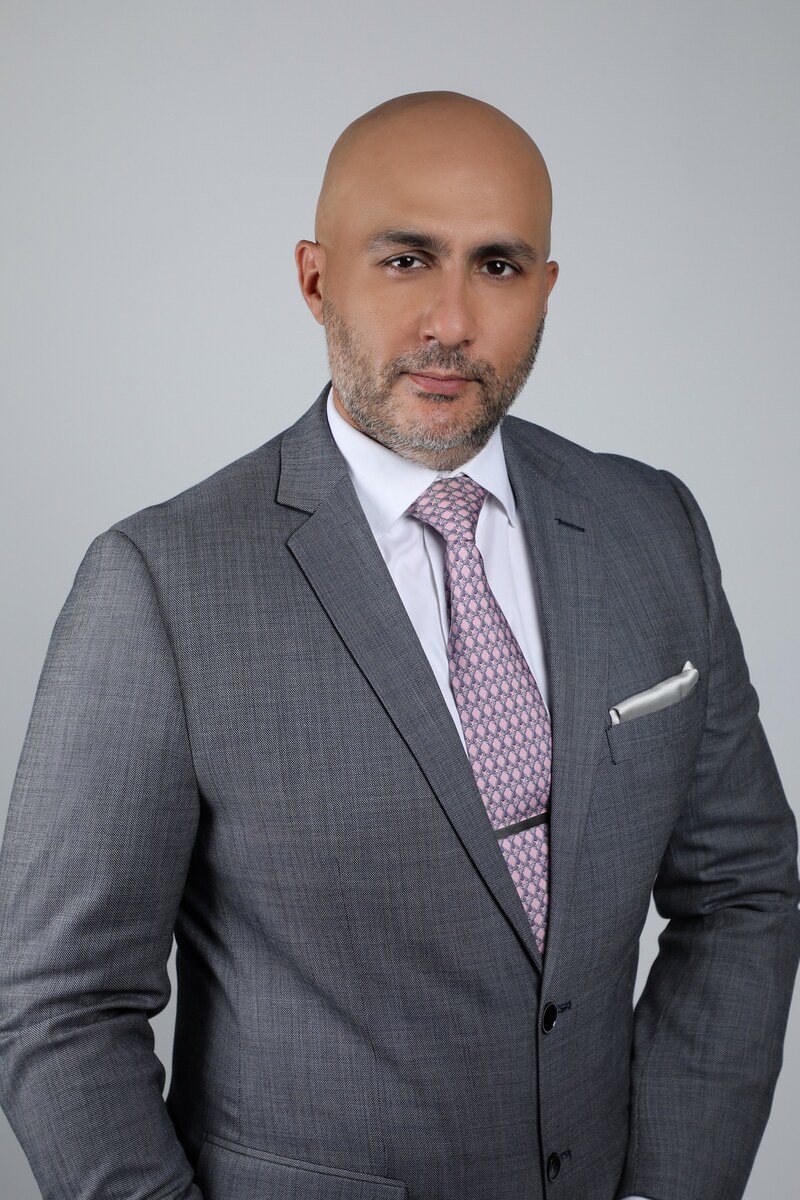JEDDAH: Public-private partnerships in Saudi Arabia are enabling domestic companies to learn from the world’s best, while also showcasing what the Kingdom has to offer, experts have told Arab News.
As Saudi Arabia pushes forward with its Vision 2030, PPPs are becoming a cornerstone of the Kingdom’s economic transformation.
These arrangements offer Saudi companies the chance to expand beyond national borders and engage with global markets.
Sumit Pathak, CEO at Linus International FZCO, a Dubai-headquartered construction company, said that PPPs are playing a huge role in transforming Saudi Arabia’s economy, leading to more foreign direct investment and fostering sustainable economic growth,
“By involving private companies in areas like health care, education, and infrastructure, the government is not just improving services but also creating a business-friendly environment that is really appealing to international investors,” Pathak told Arab News.
Privatization efforts such as leasing oil pipelines brought in billions of riyals, which shows how attractive these projects can be, he added.
“What is great is that PPPs do not just inject money into the system — they push for innovation and efficiency. As these partnerships succeed, they inspire confidence in other investors, which helps diversify the economy and make growth sustainable,” the CEO said.
Pathak emphasized that these partnerships open many doors for local companies to engage with global players and explore new business opportunities in foreign markets.
Opinion
This section contains relevant reference points, placed in (Opinion field)
“By working on joint projects with international firms, especially in areas like water, transport, and renewable energy, Saudi companies can learn global best practices and get access to international networks. It is not just about building something locally; it is about becoming part of a bigger ecosystem,” he said.
He concluded that these partnerships often bring in foreign expertise and co-investment, which helps local firms compete on a larger scale.
“Some infrastructure and energy projects here are already creating opportunities for local businesses to expand regionally and even globally. PPPs give Saudi companies a chance to collaborate internationally and step onto the global stage.” he said.
Speaking to Arab News, Jaber Al-Salah, chairman of the academic chapter and member of the steering committee of the World Association of PPP Units & Professionals, explained how the deals align with the Vision 2030 drive to boost the private sector’s contribution to gross domestic product from 40 percent to 65 percent by the end of the decade.
“PPPs offer several benefits to the private party, making them an attractive option for collaboration. These partnerships also support government objectives by improving public asset efficiency, enhancing service coverage; quality and rationalizing spending,” he said.
Al-Salah, who is also an associate professor at King Abdulaziz University, added that PPPs encourage private investment in economically viable projects that align with the Kingdom’s developmental goals, fostering competitiveness and economic growth.
“Additionally, these partnerships promote citizen participation in government asset ownership, create employment opportunities, and optimize the use of the national workforce, driving sustainable development across key sectors,” he said.
Al-Salah said that the Kingdom has seen remarkable success with PPPs, which have helped address critical infrastructure needs.
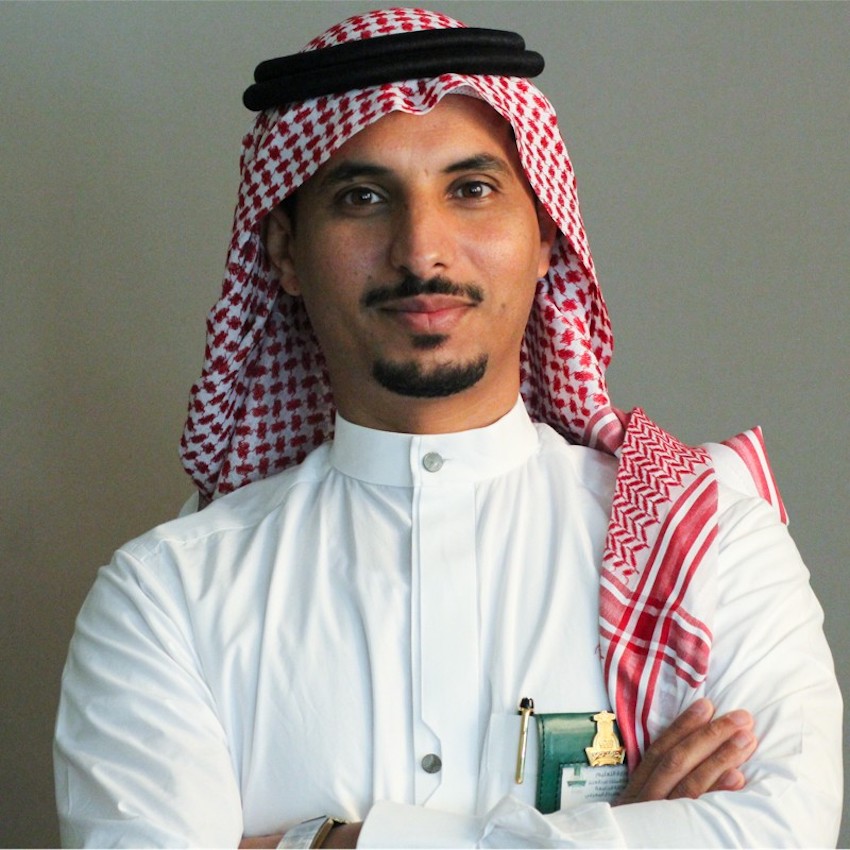
Dr. Jaber Al-Salah, chairman of the academic chapter and member of the steering committee of WAPPP. (Supplied)
The expansion of Madinah Airport is an example of public-private collaboration. The facility saw its capacity increase from 5 million to 8 million, with plans to expand further, while also generating revenue for the government.
“The Madinah Airport project as an example of economic infrastructure, launched in 2010, brought together a consortium of TAV of Turkiye, Saudi Oger, and Al Rajhi Holding to modernize the airport,” Al-Salah said.
He continued: “Similarly, the Schools Wave 1 project as an example of a social infrastructure project was a successful PPP to tackle educational infrastructure challenges by building 60 schools in Jeddah and Makkah, designed to serve 52,680 students.”
While the private sector oversees facilities management, he added, the government focuses on teaching, creating a balanced partnership.
“These PPP projects reflect Saudi Arabia’s ability to attract investment, manage complex projects, and deliver sustainable infrastructure in line with Vision 2030 and sustainable development goals,” Al-Salah said.
The professor explained that the PPPs are one of the solutions that effectively tackle challenges in infrastructure development by addressing financing, project management, and risk sharing.
“On financing, PPPs provide financial flexibility, especially in emerging markets, by eliminating the need for upfront government resources or burdensome treasury allocations while ensuring transparency and accountability,” he said.
As for project management, he said, the private sector’s expertise facilitates efficient cost and lifecycle management, reducing long-term operational and maintenance costs.
“Risk-sharing is a core strength of PPPs, with private partners incentivized to manage risks effectively through penalties or performance-linked revenues,” Al-Salah said.
PPPs drive innovation and reliability by focusing on performance-based outputs and fostering long-term benefits for both public and private stakeholders, he said, making them a sustainable and strategic approach to infrastructure development.
Highlighting the sectors or types of infrastructure projects in Saudi Arabia that present the most significant opportunities for future PPPs, he said that the Kingdom’s National Center for Privatization and PPP has curated a comprehensive pipeline estimated at 200 projects across 16 sectors, including health care, education, and transportation.
“This initiative aligns with Vision 2030’s objective to enhance private sector participation in the nation’s economic development,” Al-Salah said.
“By offering detailed information on upcoming and live projects, the NCP provides local and international investors with opportunities to engage in the Kingdom’s privatization efforts, fostering transparency and collaboration between public and private entities,” he added.
Mansoor Ahmed, an independent expert in PPPs, emphasized that contracts must be structured to balance operational flexibility for businesses with strong government oversight.
He suggested adopting a “carrot and stick” approach in drafting such agreements.
“This means that the private sector is incentivized to operate efficiently, deliver high-quality services at lower costs, and continuously improve by adopting new technologies and enhancing processes. At the same time, the public sector must establish a robust system of checks and balances to monitor the private sector’s performance and ensure the protection of public interests,” Ahmed told Arab News.
Ahmed highlighted how PPPs align with Vision 2030’s goals of economic diversification and reducing reliance on oil revenues, particularly by fostering innovation and developing new industries.

Mansoor Ahmed, an independent expert in healthcare, education, real estate, infrastructure and PPPs. (Supplied)
He added that Vision 2030 aims to mitigate vulnerabilities to oil price fluctuations. “PPPs play a pivotal role in achieving these goals by fostering collaboration between the government and the private sector,” Ahmed said.
The expert explained how Vision 2030 connects economic diversification with PPPs, noting that most diversification projects are initiatives requiring investments worth billions of dollars, along with advanced technologies and specialized expertise.
These developments, he said, primarily focus on sectors such as tourism, entertainment, and technology, as well as renewable energy, sports, health care, and education.
He said that Vision 2030’s economic transformation and diversification programs, along with the Saudization drive, are expected to enhance the role of the private sector by attracting much-needed foreign direct investment, introducing advanced technologies, fostering innovation, and improving efficiency.
As for the existing measures that ensure that PPP projects remain sustainable and provide long-term economic benefits to Saudi Arabia, Ahmed said that the Kingdom has implemented a range of measures in full alignment with the goals of its strategic plan for 2030.
These include robust legal, financial, and regulatory frameworks, which includes the PPP and Privatization Law to provide clear guidelines, and ensure transparency, accountability, and protections for all stakeholders.












